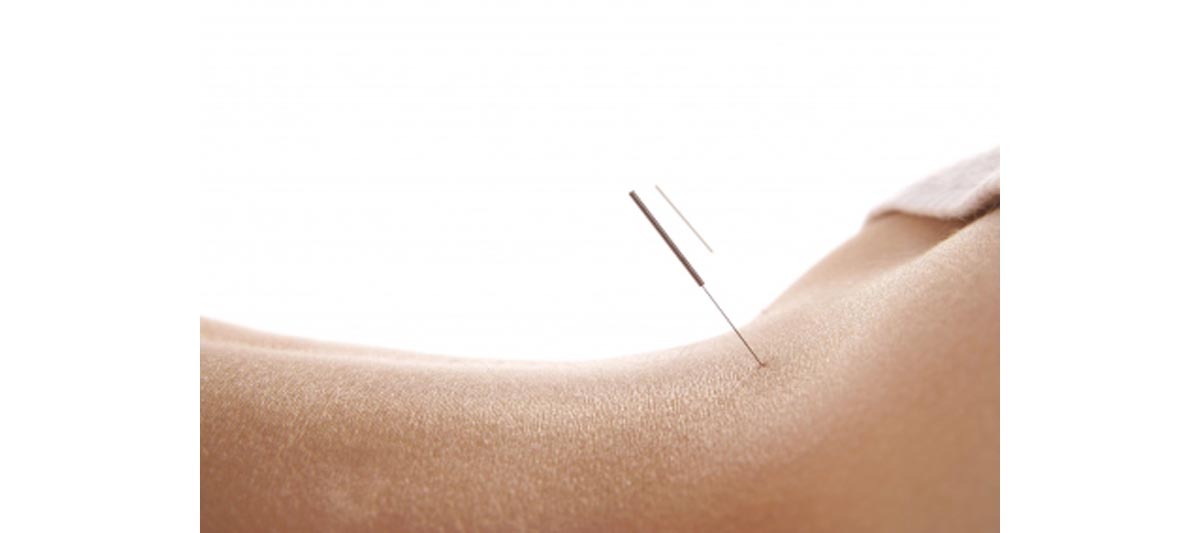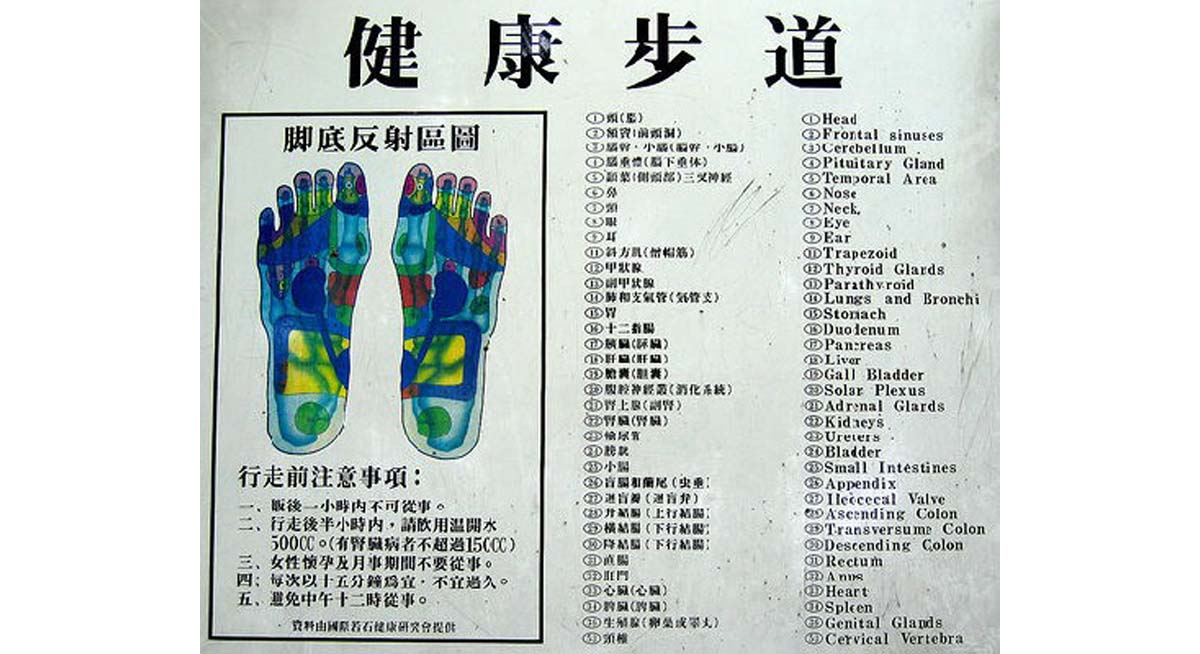Acupressure is an ancient Chinese healing practice that involves applying pressure to crucial "pressure" points around the body. This ancient practice is often associated with acupuncture, which relies on many of the same principles. The different between the two is that acupressure uses pressure formed by your fingers while acupuncture uses needles. If you haven't heard of acupressure before you may be wondering, is it just as good as acupuncture?
The answer is yes! Even though acupuncture has been around in the west for a little longer than acupressure has, both therapies are equally valid. And although they are still widely misunderstood in the West, acupuncture and acupressure are both scientifically proven, and they are among the most beneficial holistic therapies in the world.

Traditionally, these pressure points around the body have been given mystical significance, and it was thought that stimulating these points helped restore the types of bodily imbalances that supposedly lead to illness and malaise. While these ancient claims can more-or-less be dismissed as pseudoscience, there is plenty of real, modern science that comes to essentially the same conclusions. The exact mechanism of action is still mysterious, but studies have shown again and again that it really works.
Are you still not convinced that acupressure actually works? Keep reading to learn about the health benefits acupressure can offer you.
Acupressure can be used to treat any number of ailments
Acupressure can be used to treat any number of ailments, including:· headaches
· chronic pain
· insomnia
· anxiety
· eye problems
· arthritis
· muscle aches
· stress-related tension
· ulcer pain
· menstrual cramps
· indigestion
· common cold and flu symptoms
Read More: What do you know about acupressure?

Many people who undergo this therapy find that it’s almost instantly relaxing. In many respects it is similar to massage in that it relaxes the body and gives you a natural high that can last for several hours after the therapy session. And while the initial effects of the treatment may fade after a few hours, many people find that the results can be cumulative. Over several sessions undergone on a regular basis, you may find that the symptoms of your ailment begin to gradually improve. The therapy may not completely fix you, but it can make you feel better.
Before you make up your mind about whether to undergo long-term acupressure therapy, you might want to go in for a single session and see out it feels. Most major cities have holistic health clinics with acupressure therapists on staff. If you have trouble finding a clinic that offers these services, go online and search for independent acupressure therapists in your area.
When you go to your acupressure therapist, the first thing you’ll do is sit down with him or her and have a discussion about what is ailing you. After that, the therapist will discuss the specific techniques that are available, and he or she should give you an honest assessment of what to expect from the therapy. Unfortunately, not every condition can be treated through acupressure, and you may want to talk to your family doctor before undergoing any therapy of this kind. Acupressure is not dangerous in any way, but it can’t hurt to make sure that it’s right for you.
- Photo courtesy of Benko on Flickr: www.flickr.com/photos/benko/11222790/

